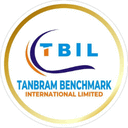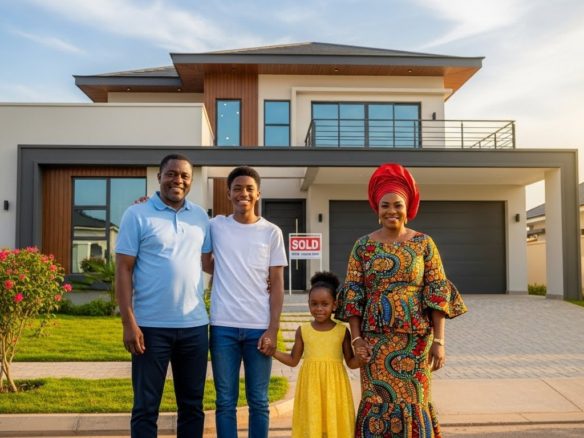Buying a home in Nigeria can feel overwhelming, especially for first-time buyers. Between rising property prices, limited mortgage options, and risks of fraudulent land sales, it’s important to go into the process prepared. This guide breaks down the essentials to help you make smarter, safer decisions.
1. Do Your Research First
Before committing to any property, take time to understand:
-
Location value: Areas like Lagos, Abuja, and Port Harcourt are in high demand, but emerging cities such as Ibadan, Uyo, and Ilorin offer more affordable options.
-
Market prices: Compare property costs in different neighborhoods to avoid being overcharged.
-
Future development: Government infrastructure projects (like roads, railways, or airports) can significantly boost property value over time.
2. Verify Land and Property Documents
Land fraud is one of the biggest risks in Nigerian real estate. Always verify documents with the relevant land registry before paying. Key documents to look out for include:
-
Certificate of Occupancy (C of O)
-
Governor’s Consent
-
Deed of Assignment
-
Survey Plan
Engage a trusted lawyer to help verify ownership and ensure there are no disputes or government encumbrances.
3. Explore Mortgage Options
Paying upfront in cash is common in Nigeria, but mortgages are slowly becoming more accessible. Some options include:
-
Federal Mortgage Bank of Nigeria (FMBN) – provides loans under the National Housing Fund scheme, especially for civil servants.
-
Commercial Banks – some banks offer mortgage products, but interest rates can be high (15–25%).
-
Cooperatives and Microfinance Institutions – may provide flexible financing for middle- and low-income buyers.
💡 Tip: Calculate your repayment capacity before applying. Never commit to a mortgage that takes more than 30–35% of your monthly income.
4. Consider Land Banking as an Entry Point
If you can’t afford a finished house yet, buying land in a developing area is a smart way to start. With time, land appreciates and can later be developed or resold. When buying land:
-
Stick to reputable developers or estates.
-
Ensure the land is free from government acquisition.
-
Register your purchase to avoid ownership disputes later.
5. Work with Professionals
Don’t cut corners. Engage professionals such as:
-
Real estate agents (preferably registered with recognized associations).
-
Surveyors to confirm land boundaries.
-
Lawyers to handle contracts and ownership transfers.
The small extra cost can save you millions in the long run.
6. Think Long-Term
When buying a home, ask yourself:
-
Will the property meet your family’s needs in 5–10 years?
-
Is the area safe, with good schools, hospitals, and transport links?
-
Does the property have potential resale value or rental income opportunities?
Owning a home in Nigeria requires patience, vigilance, and proper guidance. First-time buyers should never rush decisions, skip due diligence, or rely solely on verbal promises. By researching the market, verifying documents, exploring mortgage options, and seeking professional help, you can turn homeownership from a stressful process into a rewarding investment.






Join The Discussion